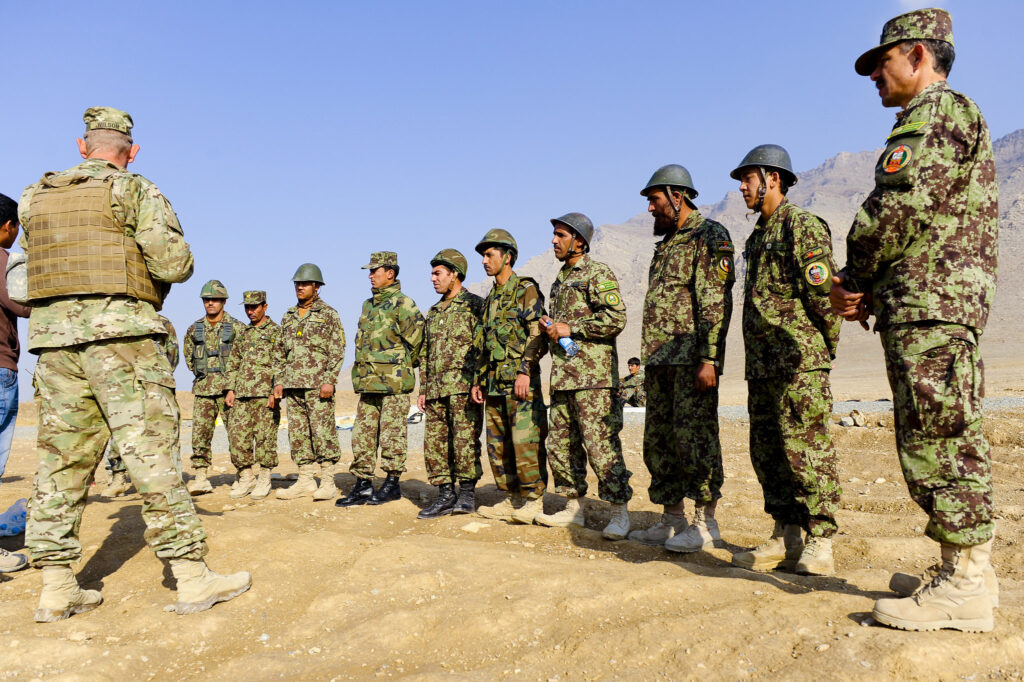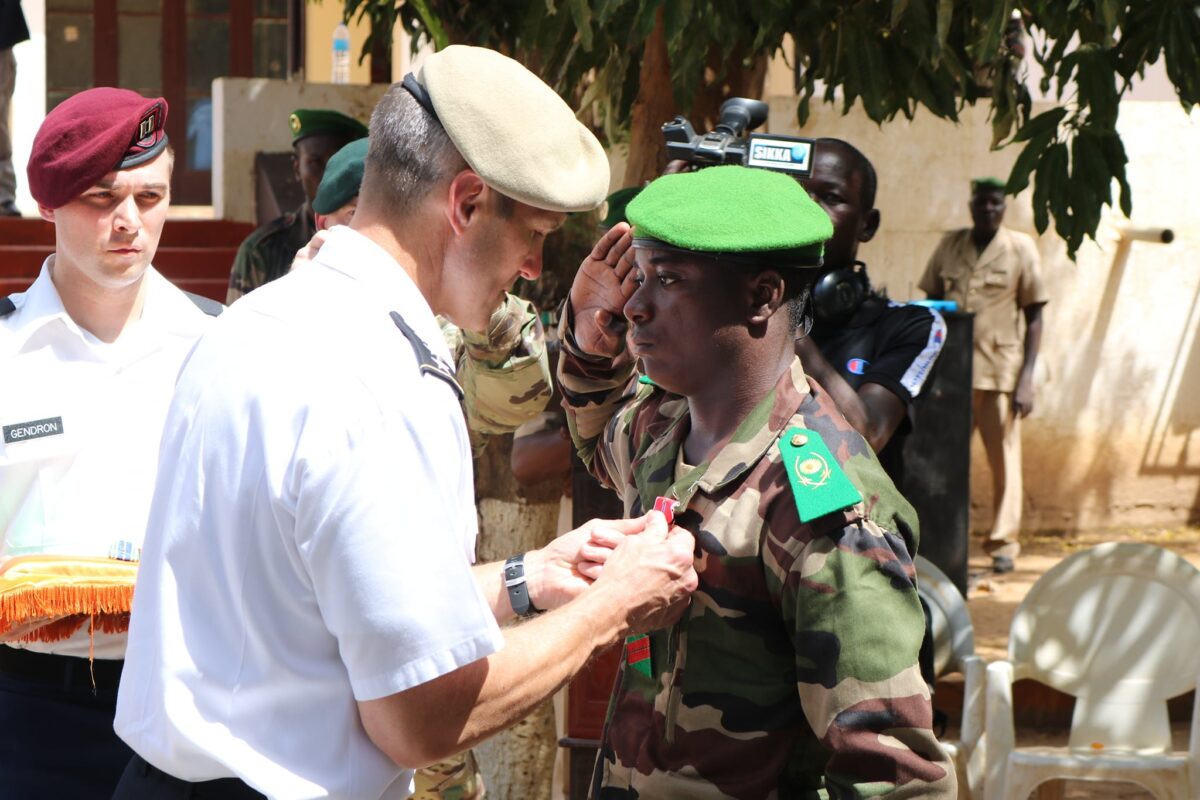TONGO TONGO, NIGER – The war on terrorism has created an industry of military training around the world: sometimes those missions themselves invite terrorism attacks.
I have ranted and railed enough about why seeing counter terrorism as a ‘war’ has always been a bad idea: I won’t bore you with that reasoning anymore (maybe: never say never as some say!). There has been an interesting sideline to all this: a boom in military counterterrorism training. Whether it is the French mission named ‘Barkhane’ in the Sahel or the US camp in Djibouti – or several others here and there – there are ample examples of Western forces providing their insights and capabilities to their counterparts elsewhere.
Insofar as there is a role for the military in counterterrorism this kind of exchange is probably a good thing. Lesser capable forces can benefit from the knowledge and experience after all. On the other hand, what good did all the training doled out by the US and its allies (including Canada) to Afghan forces do? The latter seemed to fold like a cheap tent, ceding the country to Taliban terrorists.

The danger to those who do travel to impart this education is that they in turn become the targets of the very terrorists they are seeking to help local forces fight. Today’s attack is a good example.
On this day in 2017
An Islamic State (ISIS) affiliated terrorist group killed four US servicemen, four Nigerien soldiers and an interpreter in what has come to be known as the ‘Tongo Tongo ambush’. It was the largest loss of American troops during combat in Africa since the 1993 “Black Hawk Down” debacle in Somalia.
Are we protecting the United States? Who knows? You don’t think of your military in Africa. You’re talking to people who didn’t even know how to pronounce ‘Niger.’ We had to look it up on the map to see exactly where it happened.
Aunt of one of the dead US servicemen
It was not the first time and nor will it be the last time soldiers are killed in the ‘war on terrorism‘. From the terrorists‘ point of view foreign forces are ‘occupiers’ who must be chased out. The decision by the Reagan government in 1983 to withdraw US forces from Lebanon after the Marine barracks bombing probably serves as a model (as does the more recent decision to quit Afghanistan).
Regardless of where you sit on the ‘war‘ side of terrorism, these are still young men and women with loved ones left behind. May they rest in peace.
Read More Today in Terrorism
May 31, 1906: Spanish anarchist bombs royal wedding
On May 31, 1906 a Spanish anarchist threw a bomb hoping to hit King Alfonso XIII, killing 24 and wounding more than 100.
May 30, 2009: Anti-government group bombs TV station in Ecuador
On May 30, 2009 two pamphlet-bombs exploded outside an Ecuadorian TV station and ministry: no victims or significant damage ensued.
May 29, 2016: ISIS uses chlorine gas in terrorist attack
On May 29, 2016 35 civilians were wounded in an ISIS attack using rockets containing chlorine gas in Iraq’s Nineveh Province.

